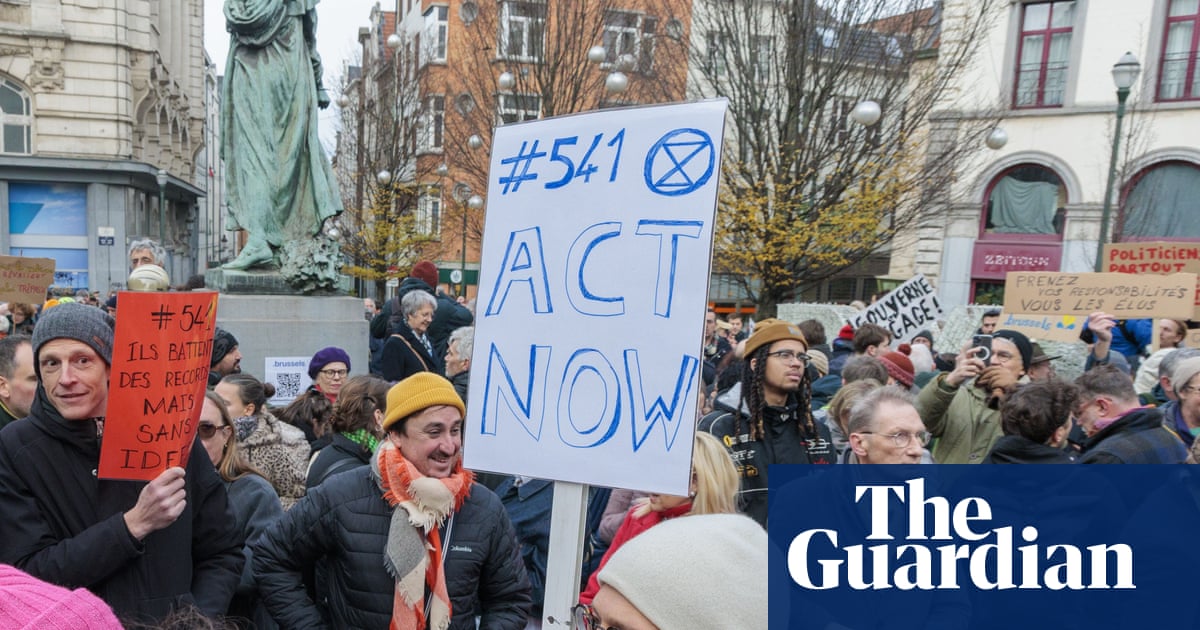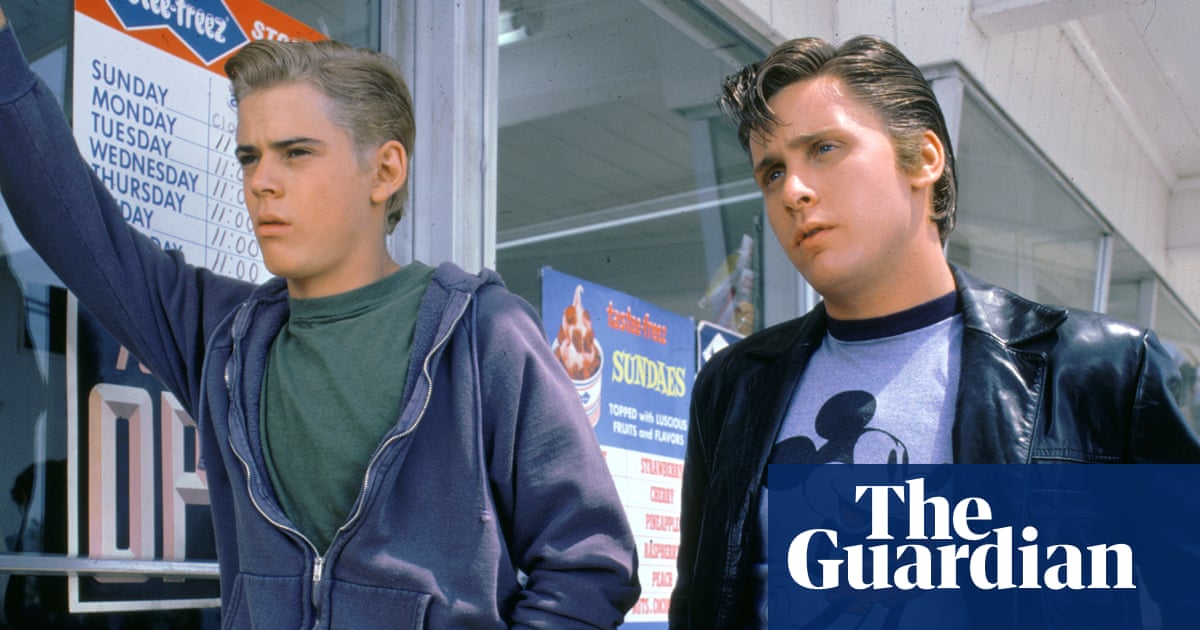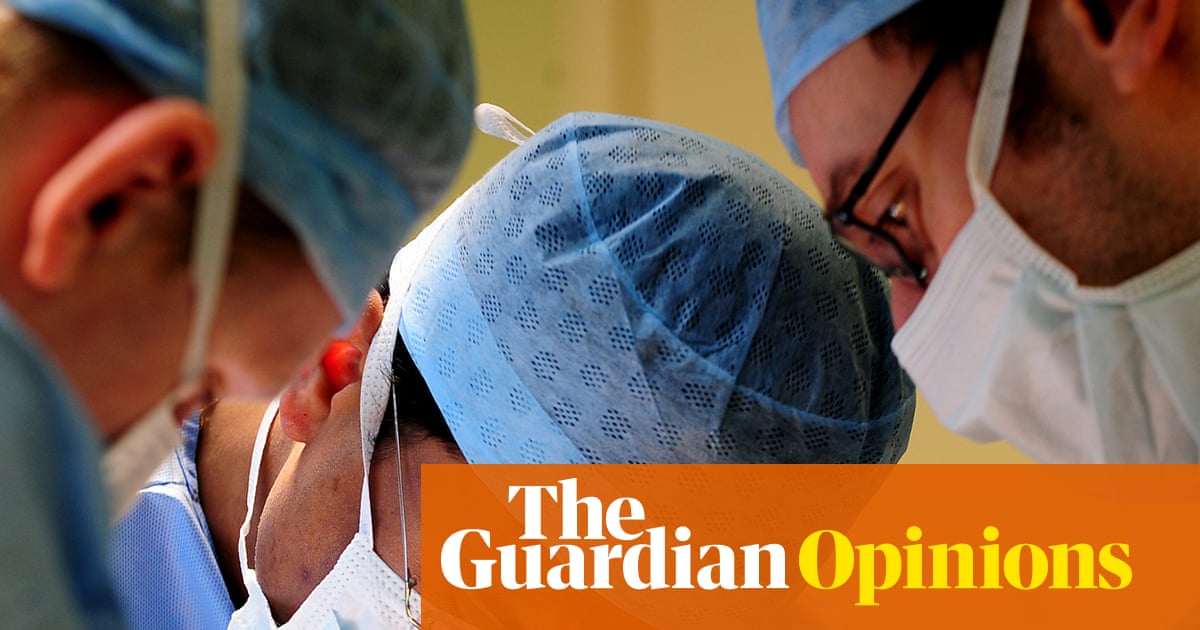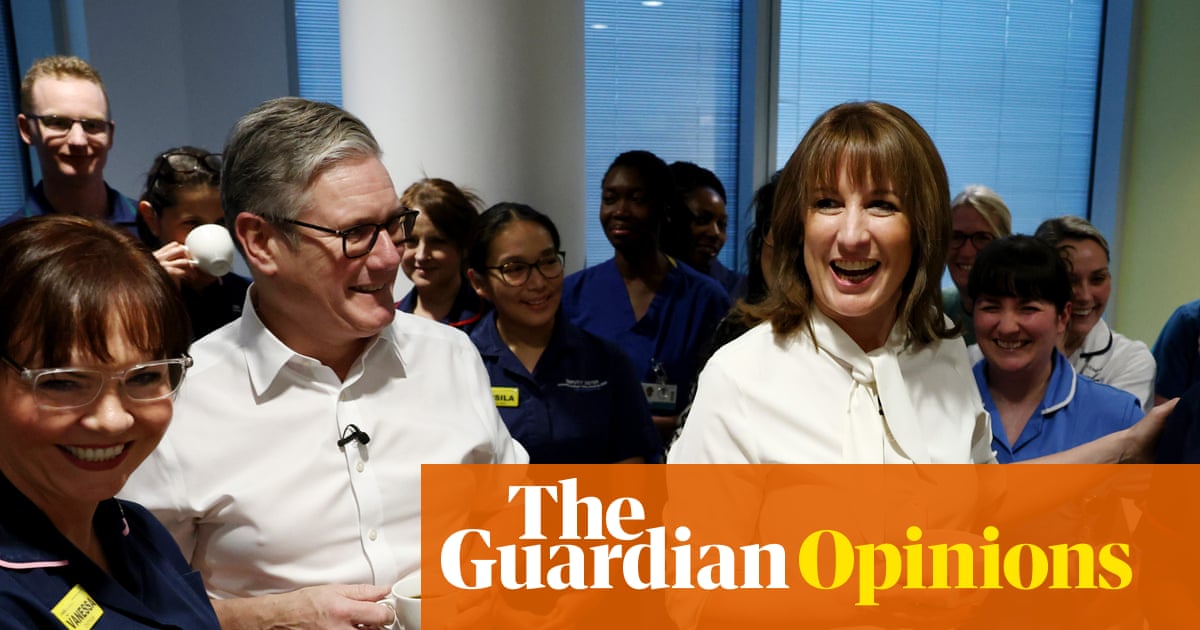FTSE 100 hits record high
Newsflash: Britain’s stock market has hit a new record high at the start of trading, as it begins October on the front foot.
The FTSE 100 share index has risen by 32 points, or 0.3%, to 9382 points, a new intraday high above the peak hit yesterday, as investors shrug off concerns about the US government shutdown.
Pharmaceuticals firms AstraZeneca (+3.6%) and Hikma (+3.2%) are leading the FTSE 100 risers this morning.
This follows strong trading in the third quarter of this year – the Footsie gained 6.7% in July-September, its best quarter since October-December 2022.
As flagged in the introduction, global markets just posted their best September since 2013.
The London stock market has had a strong 2025, with defence companies, miners and banks all in demand this year.
Gold miner Fresnillo is the top riser this year, up 287%, following the surge in gold prices to record highs.
AJ Bell head of financial analysis Danni Hewson says the FTSE 100 has enjoyed a stellar year so far, adding:
“As investors and businesses weigh up what could be in the upcoming Budget, the beleaguered chancellor may point to the FTSE’s strong showing as evidence her push to boost investment in the UK is on the right track in one sense.”
Key events Show key events only Please turn on JavaScript to use this feature
US companies shed 32,000 jobs last month
Newsflash: US companies shed 32,000 jobs in September, in a sign that America’s labor market weakened last month.
Private payroll provider ADP has reported that services companies cut around 28,000 jobs last month, with some 3,000 positions lost across goods producers.
Dr Nela Richardson, chief economist at ADP, says:
“Despite the strong economic growth we saw in the second quarter, this month’s release further validates what we’ve been seeing in the labor market, that U.S. employers have been cautious with hiring.”
Job losses were centered on small and medium-sized companies, ADP reports.
Here’s the details:
Small establishments: -40,000 oobs
-
1-19 employees -19,000
-
20-49 employees -21,000
Medium establishments: -20,000 jobs
-
50-249 employees -11,000
-
250-499 employees -9,000
Large establishments: +33,000 jobs
These job losses may cement fears that Donald Trump’s trade war, and the increased tariffs on imports, has hit economic confidence and driven up costs for US companies.
We were due to receive the official US jobs report on Friday, but it may now be delayed due to the government shutdown.
Omaze, the company which runs regular house prize draws across the UK, has made its first profit since launching in Britain, City AM reports.
The division of the US-headquartered business has posted a pre-tax profit of £6.2m for 2024, new accounts filed with Companies House show.
The profit comes after Omaze reported a pre-tax loss of £17.3m for 2023.
The new accounts also show that the firm’s revenue jumped from £127.4m to £196.6m over the same period, as more people signed up for the chance to win large, luxury properties around the country. More here.
Other European stock markets are also higher today.
Germany’s DAX has gained 0.55% and France’s CAC is 0.45% higher, with investors seemingly unworried by the US government shutdown.
Achilleas Georgolopoulos, senior market analyst at Trading Point, cautions:
While major investment houses speculate on the duration of the shutdown, equities are still digesting the current newsflow. That mood could quickly turn sour if the shutdown continues into next week, especially if US President Trump does not appear ready to compromise.
Tariff relief lifts pharma share prices

Julia Kollewe
Pharmaceutical shares have surged across Europe on relief that Donald Trump’s threatened 100% tariffs on branded drugs, which were due to come in today, may not be as bad as feared.
In London, AstraZeneca jumped by 6.15% and GSK was up 2.5%, lifting the FTSE 100 to its new record high, while elsewhere in Europe, Switzerland’s Roche rose by 5.3%, Wegovy maker Novo Nordisk by 3.3%, and Swiss rival Novartis and France’s Sanofi both by climbed more than 2%. (EU goods are currently subject to 15% tariffs while Swiss products come under a 39% US tariff.)
US drug company Pfizer, the maker of Viagra, managed to get a three-year grace period from tariffs after agreeing to slash its medicine prices price cuts by up to 85% in the US and to sell directly to the American public yesterday. Analysts at JPMorgan see this as a “potential bellwether for the sector”. They said:
“We see Pfizer’s agreement on most favoured nation [pricing] as a potential bellwether for the sector, which we anticipate is likely to be replicated by EU pharmaceutical companies and should therefore result in a broadly manageable impact from MFN on EU pharma, reassuring investors.”
A number of pharma companies have taken action in recent days, under pressure from the US president to lower their prices, in the hope of staving off tariffs on imports into the US. AstraZeneca will sell its diabetes and asthma drugs directly to US patients at a discount of up to 70% off list prices. Also last Friday, Sanofi said it will offer a month’s supply of its insulin products for $35 to all patients in the US with a valid prescription.
Denmark’s Novo Nordisk said in August that it would sell its diabetes drug Ozempic for $499 a month directly to eligible cash-paying patients with type 2 diabetes in the US. Drug prices in the US are among the highest in the world, inflated by a complicated system that includes middlemen which negotiate with drugmakers and health plans to set drug prices.
US commerce secretary Howard Lutnick said last night:
“While we’re negotiating with these companies, we’re going to let them play out and finish these negotiations, because they are the most important thing to the American people.”
Medical technology stocks such as Convatec also fell sharply last week after the US launched investigations into imports of robotics, industrial machinery and medical devices. Today, Convatec is up just over 1% after announcing more than $1bn in investments in the UK and US, including a new £500m flagship research centre in Manchester.
Gold is continuing to soar to new record heights today.
The spot price of gold is now up 0.75% today at $3,887 per ounce, a new peak, as the rally which has been running for many months continues.
Eurozone inflation rises over 2% target
Just in: the rising cost of living across the eurozone accelerated last month.
Inflation in the euro area rose to 2.2% in September, up from 2.0% in August.
That takes inflation above the European Central Bank’s forecast of 2%, but is rather lower than in the UK (where inflation was 3.8% in August).
Statistics body eurostat has reported that services inflation was 3.2%, followed by food, alcohol & tobacco where prices rose by 3.0%.
Goods prices rose by 0.8%, while energy was 0.4% cheaper than a year ago.
UK manufacturing shrinks at fastest pace in five months as JLR cyber-attack hits output
UK manufacturing activity shrank at the fastest pace in five months in September, as factories were hit by subdued domestic demand, fewer export orders, and the disruption at Jaguar Land Rover.
The latest S&P Global UK Manufacturing PMI shows that output, new orders, employment and stocks of purchases all worsened last month, with manufacturing production falling for the eleventh successive month.
This pulled the UK manufacturing PMI down to 46.2 in September, a five month low. Any reading below 50 shows a contraction.
The cyber attack at JLR, which forced production to halt all month, will have hurt the sector, given the disruption to automotive supply chains.
Rob Dobson, director at S&P Global Market Intelligence, explains:
“The final Manufacturing PMI results provide further worrying news for the health of UK industry. Manufacturers are facing an increasingly challenging environment, with intakes of new business and levels of production hit by weak market sentiment, a dearth of new export work and a high-cost environment exacerbated by tax and labour cost rises.
Companies entwined into the autos supply chain are also facing a temporary hit to activity following the cyber-attack on JLR.
“The US government shutdown has left investors wondering what might happen next, with a minor pullback on European equity markets and weaker futures prices for Wall Street,” says Russ Mould, investment director at AJ Bell.
He adds:
“The FTSE 100 bucked the negative trend, rising 0.4% thanks to a surge in pharmaceutical stocks.
“AstraZeneca, Hikma and GSK rallied after Donald Trump announced plans to launch a government-run website for consumers to buy drugs directly from manufacturers. It looks like investors are regaining confidence in the pharma sector following recent uncertainty around pricing and tariffs. More clarity on both points is helping to regain investors’ interest.”
AstraZeneca are now up 5.6%, followed by Hikma (+4.7%), with GSK gaining 2.2%.
Convatec to invest £500m in Manchester research centre

Julia Kollewe
The wound dressings and medical device company Convatec has laid out plans to invest £500m in a new flagship research centre in Manchester, in a rare fillip of good news to the government at a time when other companies have paused or ditched investments in the UK.
At the same time, Convatec is investing $600m in research & development (R&D) in the US over the next ten years, expanding its labs in Boston by 50% by the end of 2025.
In the UK, it is creating a new R&D centre in Manchester in a new Citylabs building, set to open in 2027, which will be one of its largest technology & innovation hubs worldwide and be part of the city’s life sciences cluster. It will be carrying out work across its four main areas of advanced wound care, products and services for people with a stoma, as well as those with urinary continence issues, and disposable infusion sets for people with diabetes.
The centre will host up to 250 scientists and lab technicians, of whom 150 will transfer from Convatec’s Deeside labs in north Wales. Some R&D will stay in Deeside and its manufacturing site there is not affected, with 400 staff continuing to work there after the move is completed in 2027.
The company already invests about $100m a year in R&D, 5% of its revenue, in places such as Denmark, Slovakia, Mexico and the Dominican Republic.
Dr. Divakar Ramakrishnan, chief technology officer and head of research & development at Convatec, said the investments “reinforce our belief in the strength of the US and UK life sciences sectors and position Convatec at the forefront of medical technology innovation for years to come.”
Yesterday, the medical devices company Smith+Nephew announced that its finance chief will relocate to the US from the UK, citing operational efficiency, with more than half the company’s revenues coming from the US.
The UK company, which makes orthopaedic implants, wound dressings and surgical aids for sports medicine, said its chief financial officer John Rogers is moving to the US this week.
The government is locked in a row with the pharmaceutical industry over medicine pricing, and companies have criticised the UK as a ‘a terrible place’ to sell medicines. The US drugs company MSD has abandoned a planned £1bn research centre in London, which was already under construction, while another US firm, Eli Lilly, and the UK’s biggest drugmaker AstraZeneca have put investments on hold. At the same time, companies have been investing billions of dollars in the US, under pressure from Donald Trump.
Liz Kendall, science and technology secretary, said Convatec’s move was a “clear vote of confidence in the UK life sciences sector”, adding:
“This landmark investment is proof of how, when the UK and US work closely together to unlock the latest medical breakthroughs, both our countries stand to benefit hugely.”
The FTSE 100 is continuing to climb, and just hit 9,400 points for the first time ever.
That’s a gain of 50 points, or 0.55%, today.
The US market is set for falls, though, as the US shutdown weighs on sentiment. The S&P 500 index is down 0.8% in the futures market.

 2 months ago
71
2 months ago
71

















































